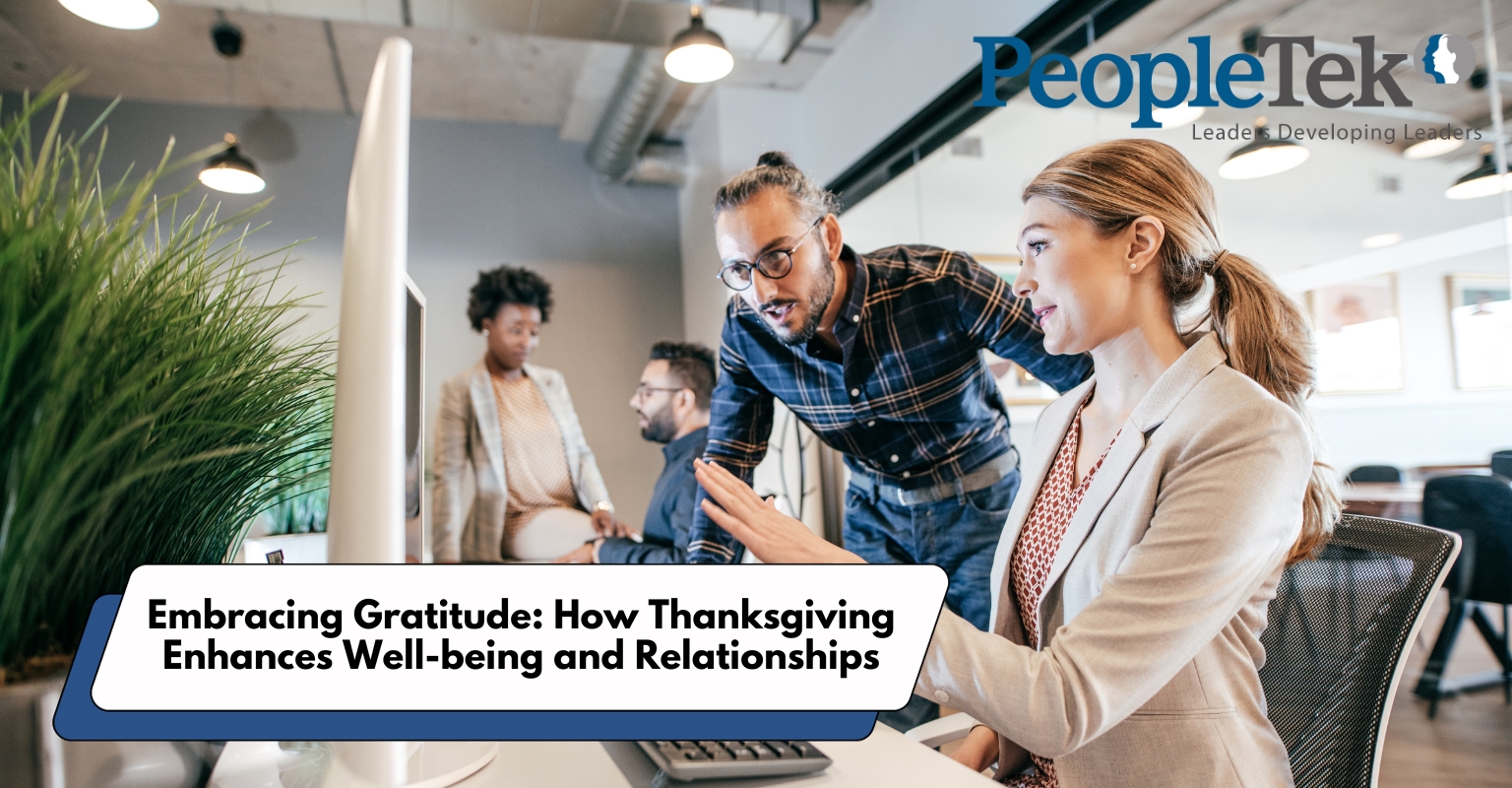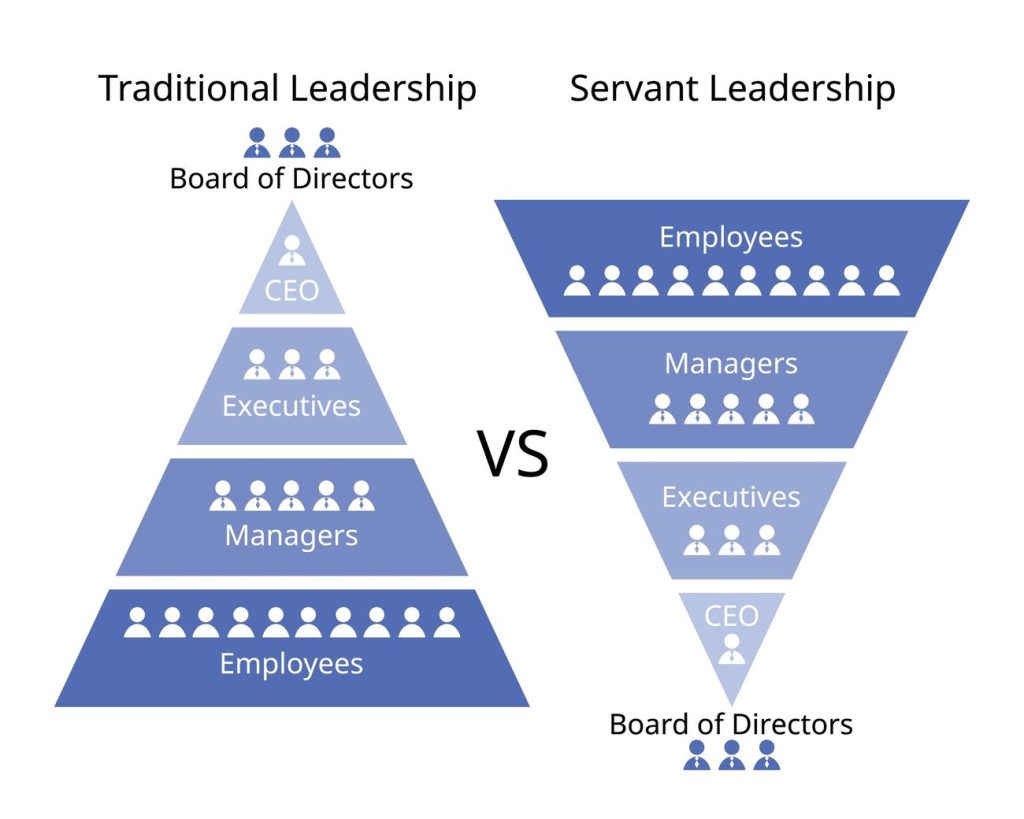Busy is a choice. Stress is a choice. Joy is a choice. Choose well.
— Ann Voskamp

We may be scrambling to achieve last minute goals, for ensuring vacation plans have not changed, and that holiday traditions are adhered to. That can lead to stress.
Be observant of interactions and don’t disregard behaviors that may be “off”. Ask how others are feeling and help them focus on what’s positive; be a good listener!
The Mayo Clinic shared the following recommendations to help ease holiday stress:
1. Plan ahead.
Between co-workers, friends and family, it’s inevitable that some commitments will end up on the same day.
2. Say no.
With holiday commitments, it is OK to say no to a few or all of them. It also will help relieve some stress.
3. Plan spending.
Make a budget and stick to it.
4. Create relaxing surroundings.
Research has found that listening to music and the scent of citrus can boost feelings of well-being, and vitamin D is always a happiness booster.
5. Maintain healthy habits.
Try adding a short workout each morning and eat healthy snacks throughout the season.
6. Share feelings.
Accept that not all feelings are positive; don’t be afraid to open up.
7. Respect differences.
We all have different viewpoints. Focus on your similarities and replace tension with something productive.
8. Be realistic.
You can only do so much. Be realistic with how much you can handle this season. Forget about perfection, and relax and enjoy the company surrounding you.
9. Take a break.
Don’t forget about your own needs. Take a nap, go for a short walk, read a book or watch a funny movie. Laughing relaxes the whole body and can relieve physical tension and stress.
Wishing you peace, joy, and minimal stress!
Sincerely,
Mike and Jan
The greatest weapon against stress is our ability to choose
one thought over another.
-William James
Leading the Future of IT: PeopleTek’s Premier Strategy for Advancing Tech Professionals and Their Teams
At PeopleTek Coaching, our expertise lies in guiding IT visionaries, propelling them to the zenith of their capabilities. With a potent combination of bespoke coaching sessions, forward-thinking methodologies, and deep-rooted insights from the tech sector, we empower both individual tech mavens and cohesive teams to thrive in the dynamic world of IT.
Our state-of-the-art coaching model hones leadership skills and bolsters team unity, aligning them with a shared technological mission. This steadfast dedication to fostering teamwork has cemented our standing, making us the go-to consultancy for myriad tech corporations over our distinguished 20-year journey.
Beyond just business achievements, our aspiration is to mold IT spaces that resonate with positivity, creativity, and mutual respect. We champion environments that catalyze individual advancement and heighten productivity. This visionary approach forms the cornerstone of PeopleTek’s ethos.
At PeopleTek, we invite you to reshape your IT leadership path and lead with unmatched accuracy and enthusiasm. Delve into the nuances of our tailored approach by visiting PeopleTekCoaching.com. Boasting a comprehensive array of tech-focused services, we are primed to refresh your ascent to tech leadership excellence and collaborative success.


















